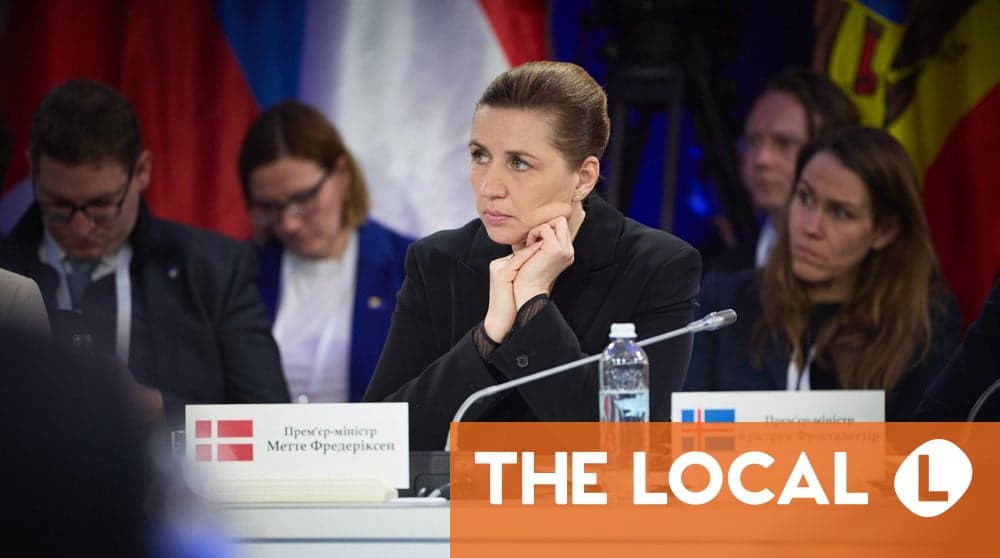With the world order apparently breaking down and Prime Minister Mette Frederiksen attending European summits over war and security, domestic support for Frederiksen’s Social Democratic party is rising according to a new poll.
The poll by institute Voxmeter on behalf of the Ritzau news wire shows that 22.6 percent of voters would back the Social Democrats if an election were held tomorrow.
The figure represents the highest level of support for the party, the senior partner in the coalition government, for more than a year.
Not since February 2024 did Frederiksen’s party score better in a poll. The latest poll carries a statistical uncertainty level of 2.6 percent.
Frederiksen’s handling of crisis situations is largely to thank for her party’s popularity boost, according to political commentator Hans Engell.
“She’s the queen of crises,” Engell told the Ritzau news wire.
Advertisement
Frederiksen thrives well in adversity, according to Engell’s analysis, because it enables her to display her leadership capabilities. The same effect was seen during the Covid-19 crisis, during which Frederiksen received high public backing.
The current international crisis is such a large part of the news agenda in Denmark that it in turn allows the PM to occupy the public view.
“Mette Frederiksen has the entire playing field to herself. There is hardly any room for anyone else to play at all. And that strengthens her and her party,” Engell said.
The Social Democrats are currently on an upward trend for voter support, having seen a poll score of 20.4 percent in January rise to 21.8 percent last month and now 22.6 percent. That followed a low of around 19 percent last year.
The new poll is also positive for the coalition government as a whole. The coalition – the Social Democrats, Moderates and Liberals – have an overall support of 37.2 percent, their best since last August. Nevertheless, that is a long way short of the 50.1 percent given to the coalition in the November 2022 election.
The Voxmeter survey was conducted from February 24th to March 2nd and uses responses from 1,012 people.
